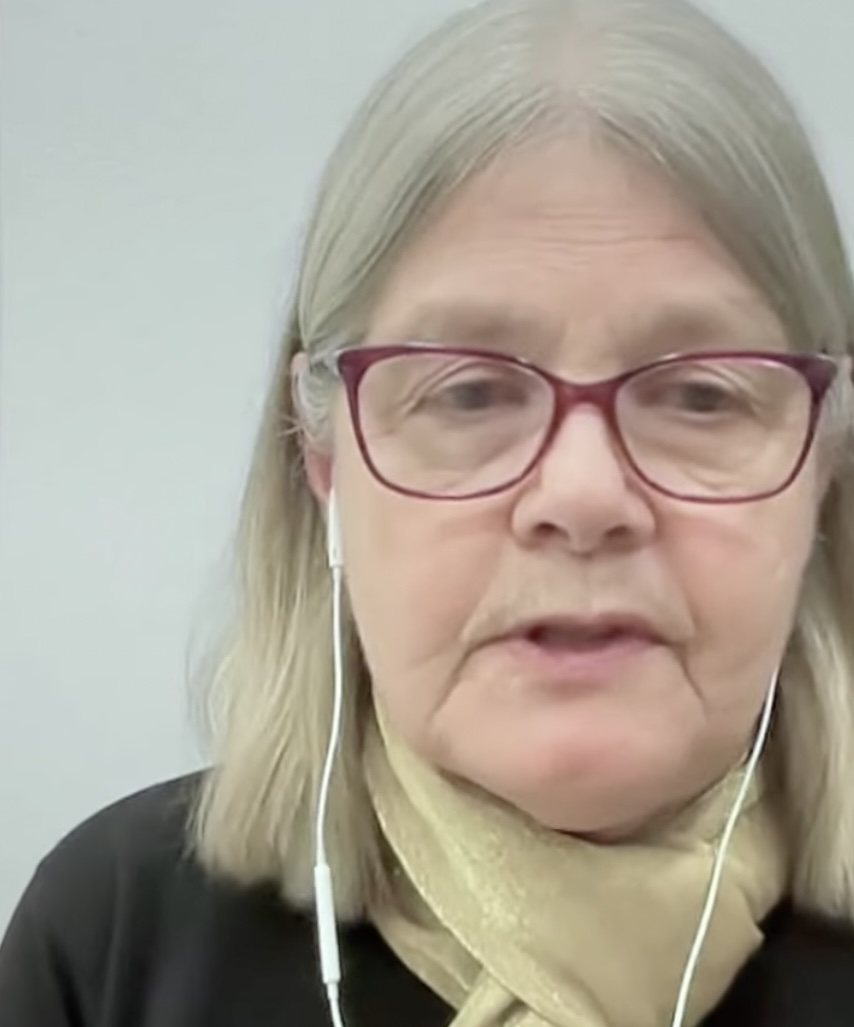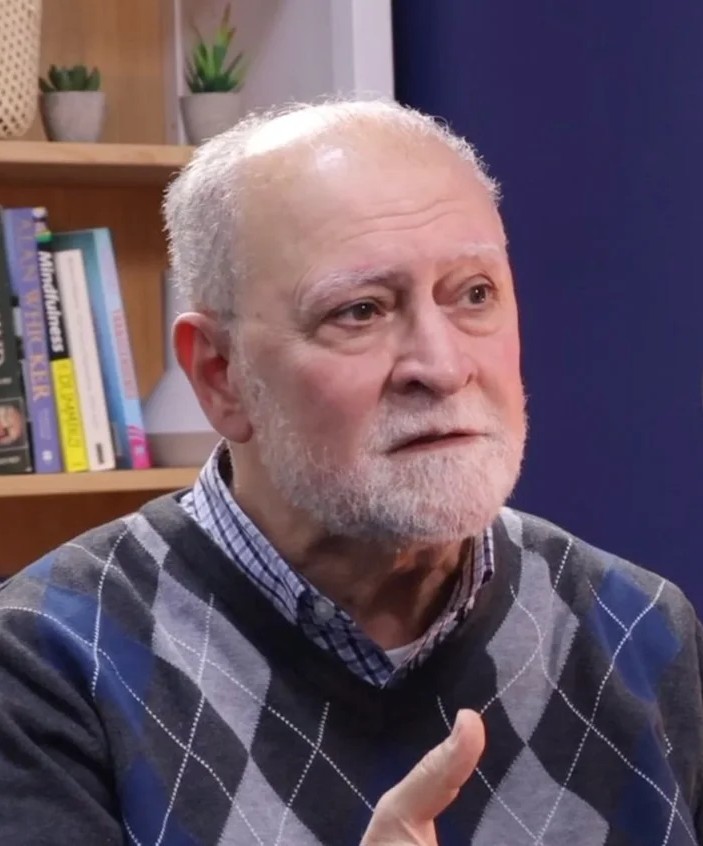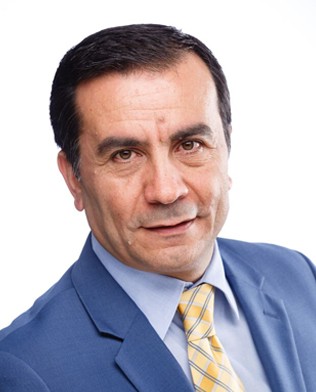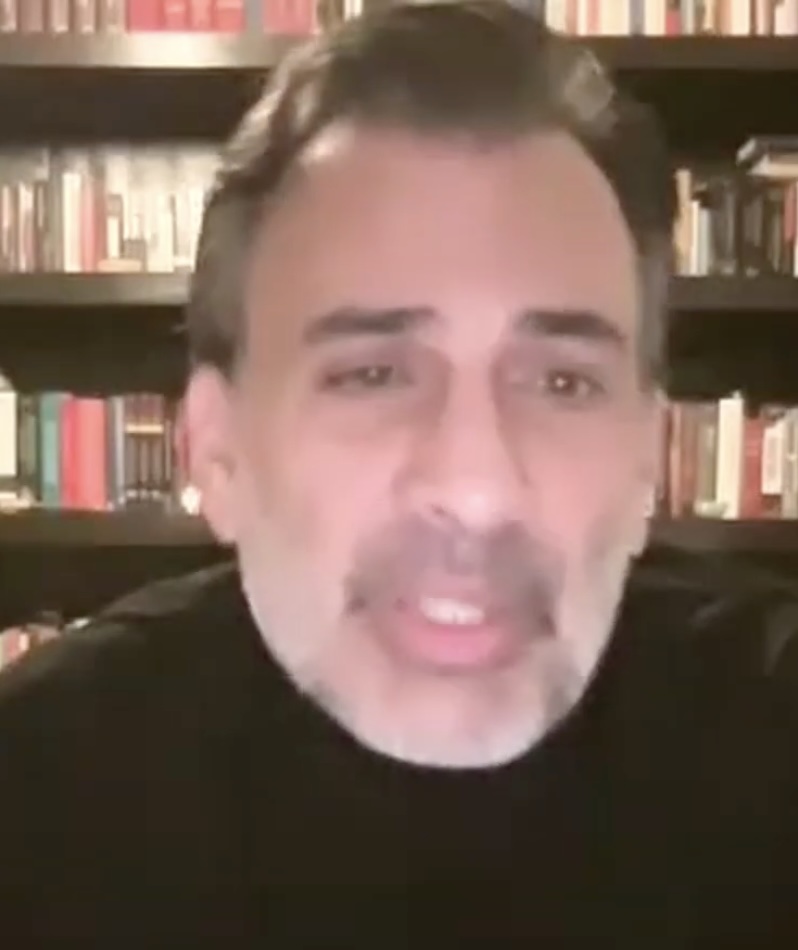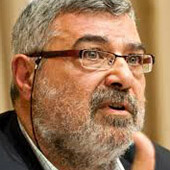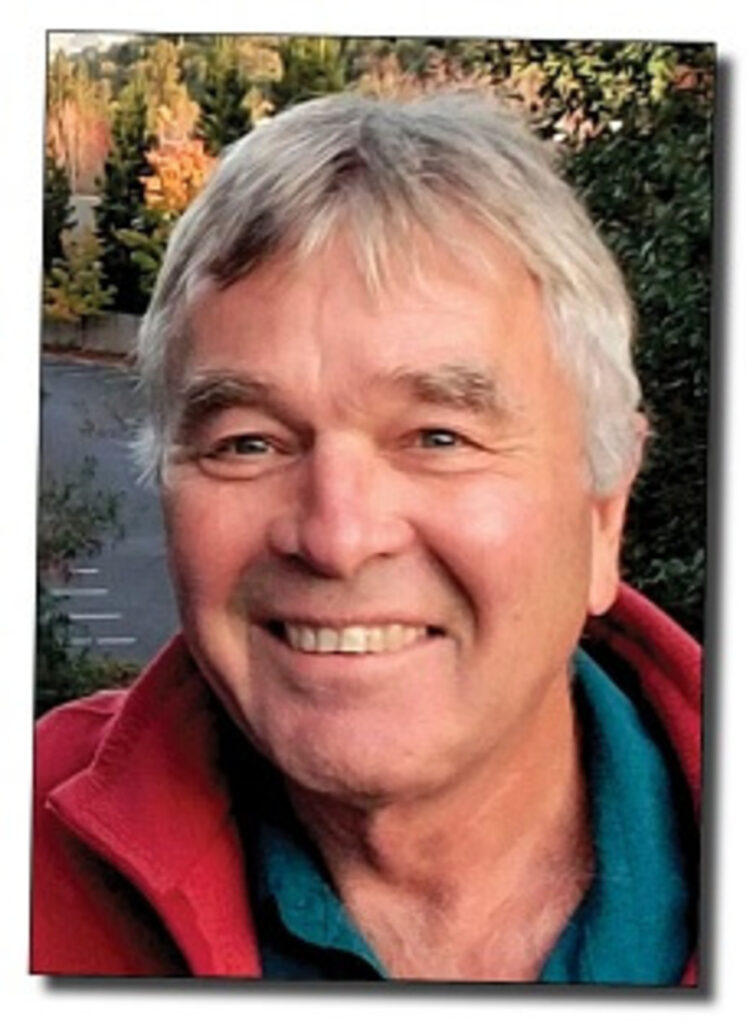On September 11, 2025, Just World Educational hosted a timely webinar: “Israel’s Attack on Qatar: The Impact.” The discussion, moderated by JWE President Helena Cobban, brought together a distinguished panel of voices: Palestinian-American analyst Rami Khouri, Palestinian-British thought leader Dr. Azzam Tamimi, the Northwestern University in Doha professor Dr. Khaled Hroub, veteran UN human-rights official Craig Mokhiber, and California-based peace activist Rick Sterling. (Khouri and Sterling are members of the JWE board. Tamimi and Hroub were guest experts in our 2024 project “Understanding Hamas And Why That Matters.”)
In our September 11 webinar, these thinkers examined the deadly strike Israel had undertaken against the Qatari capital, Doha, two days earlier and the implications of that action for the hard-pressed people of Gaza, for the global movement for justice in Palestine– and for Washington’s position within West Asia as a whole, and the integrity of our current international institutions.
You can watch the video of the whole of this 90-minute discussion here, on Just World Educational’s YouTube channel. And you can read the whole transcript, here (PDF).
In the discussion, Dr. Azzam Tamimi underscored that Hamas’s main priority remained ending the war in Gaza and securing an Israeli withdrawal. He stressed that negotiations were still possible from Hamas’s side– but that Israel’s actions showed no interest in peace. Tamimi also declared that “Zionism simply cannot be remedied… It’s an ideology that justifies theft, murder, and deception.” For him, the growing shift in global opinion against Zionism was a source of hope.
Dr. Khaled Hroub described the extreme shock in Qatar at Israel’s strike, calling it “a betrayal by both Israel and the United States against a key US ally.” He argued that Israel was acting with “a drunken sense of power” with a clear US green light. This, he said, had left Gulf elites questioning their dependence on Washington and considering new paths for regional security.
Craig Mokhiber, who resigned from his high position in the United Nations to protest its inaction on Gaza, called the US “an enthusiastic participant in the genocide.” He noted that the UN Security Council was paralyzed by the US veto. But he reminded the audience that the General Assembly still had the power under the “Uniting for Peace” procedure to act, whether by imposing sanctions, creating a tribunal, or deploying a protection force.
“If the Americans and the Israelis are drunk,” he said, “what they’re drunk on is impunity.”
Rami Khouri placed the attack in a long historical arc, calling it part of “a century of Zionist aggression and Western colonial support.” He framed the Palestinian struggle as “the last global anti-colonial struggle,” one that resonates worldwide. He identified three essential challenges for the region: asserting Arab sovereignty, securing peace for all people, and defining and containing Zionism.
Rick Sterling highlighted the shifts inside the United States, noting growing grassroots movements and protests against Israeli policies. He also pointed out how the pro-Israel lobby has worked to control education by equating criticism of Israel with antisemitism. Despite these challenges, he saw encouraging signs in the mobilization of students, workers, and artists who are refusing to stay silent.
Across the whole discussion, a few clear themes emerged:
- Israel’s impunity, enabled by US complicity;
- the deep failures of international institutions;
- the extreme (perhaps fatal) challenges now posed to the long-pursued goal of a “two-state solution” in Palestine; and above all–
- the urgent need to end the ongoing genocide in Gaza.
You can watch the full recording of “Israel’s Attack on Qatar: The Impact” here, on Just World Ed’s YouTube channel. We urge you to watch it and share it with your friends and networks, and thus help to deepen the global discussion on these vital matters.


